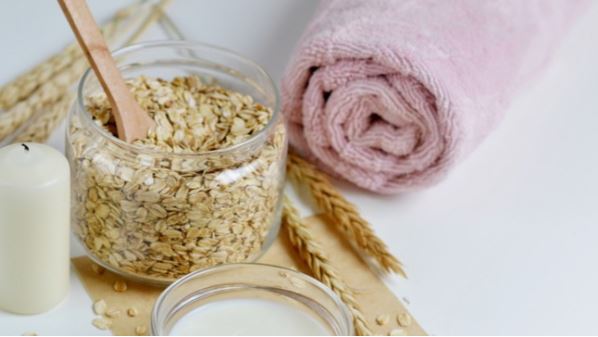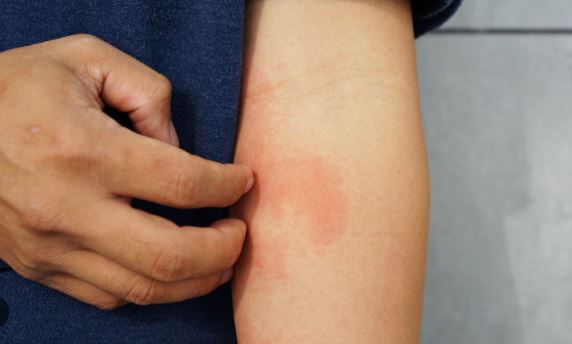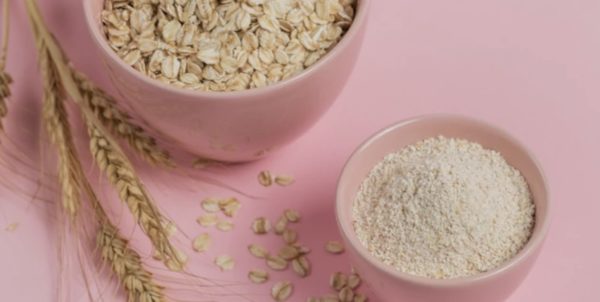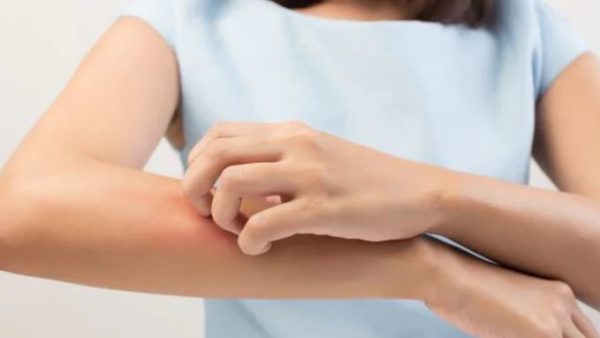Lifestyle
Oatmeal bath for eczema: Does it really work?

Oatmeal has many characteristics that make it useful in relieving eczema symptoms. Experts classify oatmeal as an emollient, which means that it holds moisture against the skin. It also has anti-inflammatory qualities and reduces itching.
Eczema causes inflammation, irritation, and itchiness of the skin. It is more common in children, but adults can have it, too, and the specific symptoms will vary for each person.
Studies have shown that children who took oatmeal baths for 1–3 weeks saw distinct improvements in their sores.
Another study of people with itchy skin problems found that 71% of participants saw their itching go away almost entirely after 3 months of taking oatmeal baths and washing with an oatmeal cleanser.
To maximize benefits from a colloidal oatmeal bath for eczema relief:
- use lukewarm, never hot, water
- thoroughly mix the oatmeal in the water
- soak for 10–15 minutes
- rinse after bathing
- towel dry gently, without rubbing the skin too much
- moisturize the skin immediately afterward
- oatmeal can make the bath slippery so take care when stepping in and out
To help the skin retain as much moisture as possible, take an oatmeal bath for eczema care and moisturize at night, before bed.
Other eczema baths that may work
Some dermatologists recommend adding bleach to bathwater. Bleach can help fight bacteria, particularly Staphylococcus aureus, that can gather on the hands, feet, and other areas of the skin in children and adults with eczema. S. aureus can cause infections, as well as worsening inflammation and itchiness.
The American Academy of Dermatology Association (AAD) recommend two to three bleach baths a week as part of a skin maintenance program. Daily bleach baths are also an option.
Use one-half cup bleach for a full bath and one-quarter cup bleach for a half bath. Use a teaspoon of bleach per gallon of water for a child or toddler’s bath.
If people, particularly children, have current skin infections with areas of open sores, see a doctor for advice before using a bleach bath, as it may cause discomfort.
Other benefits of oatmeal
In addition to the relief an oatmeal bath for eczema can provide, colloidal oatmeal also:
- restores the PH balance of the skin, which keeps it from becoming irritated or drying out
- protects against sun damage
- has anti-fungal properties
- enhances the effectiveness of cleansers and moisturizers
Doctors often provide topical corticosteroids to help reduce and control the inflammation and itching of eczema. However, potent steroidal creams can have side effects, such as skin thinning, so people, especially parents of children with eczema, may want to minimize the use of steroid creams when possible.
A study found that a non-steroidal cream containing colloidal oatmeal:
- reduce the severity of eczema symptoms
- improve dry skin
- extended the time between flares
There is no cure for eczema, but aside from creams and medications, there are many remedies people can try to manage their eczema. These include:
- identifying and avoiding personal triggers for eczema flares, such as sweat or tobacco smoke
- using only gentle, low PH skin cleansers, not soap
- moisturizing regularly and frequently
- trying to keep indoor temperatures at a stable, cool, and comfortable temperature
- managing stress
Typically, people can manage eczema symptoms with home care. However, even though there is no cure for eczema, doctors can prescribe certain creams and medications if symptoms are severe. Consider seeking medical help if the following symptoms develop:
- yellowish, crusty patches of skin and small bumps filled with pus, which can be signs of a skin infection
- feelings of depression and anxiety, and an urge to self-isolate
- swollen and discolored skin
- skin scratched until it bleeds
- scaly, crusty patches
- skin oozes and weeps
- itching interferes with sleep










